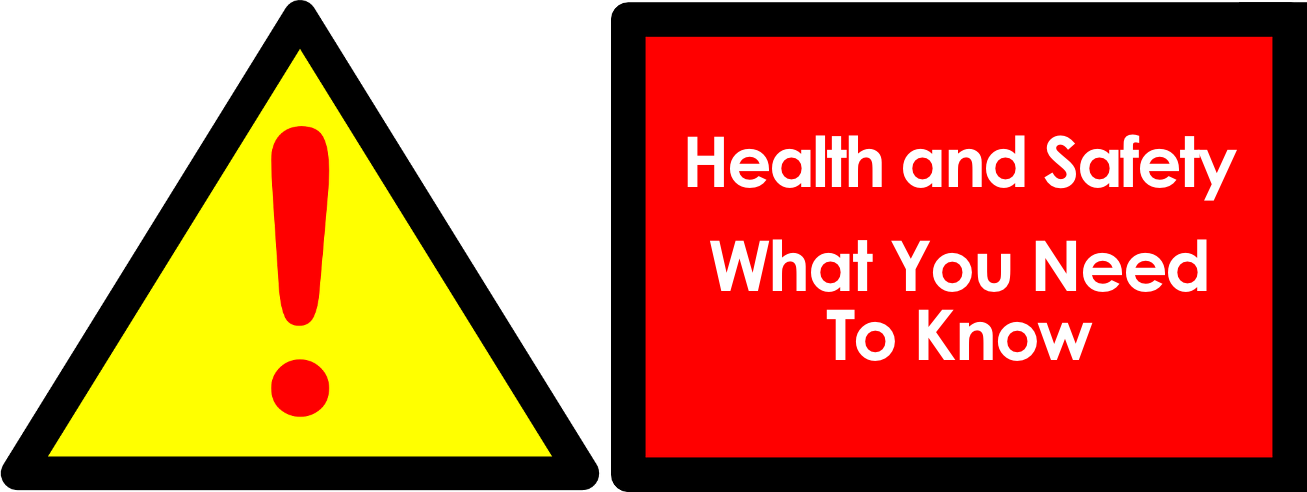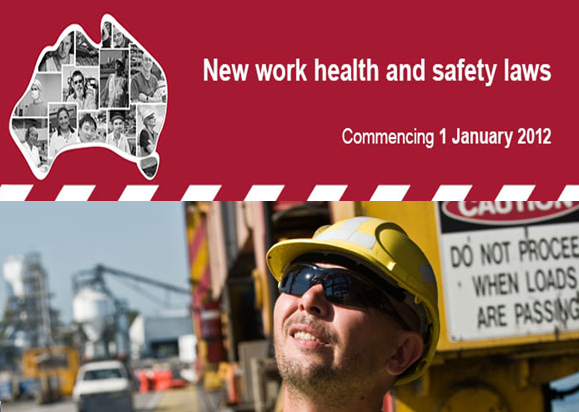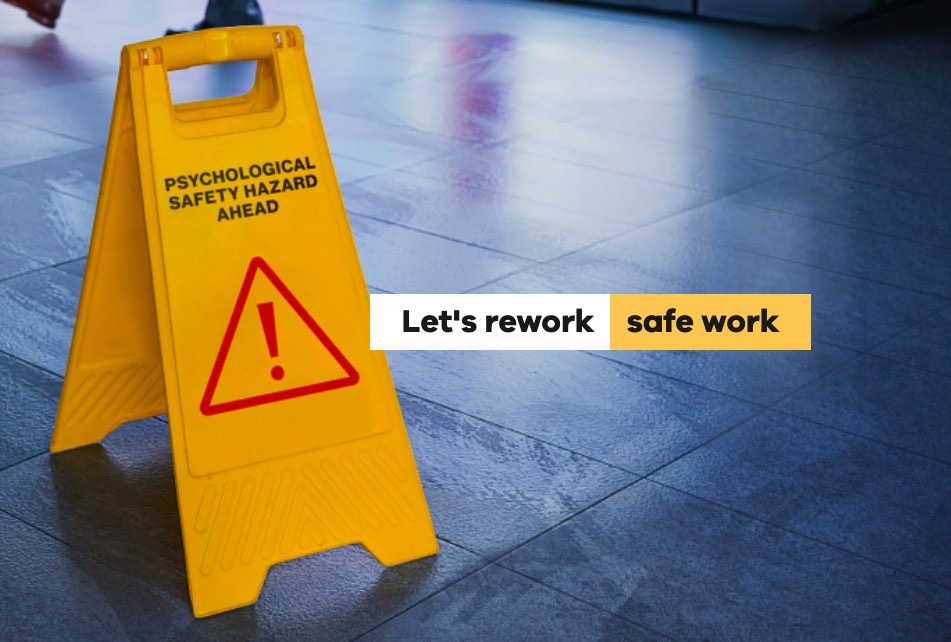Consultation
Consultation
Consultation provides an opportunity to share relevant information and participate in meaningful discussion on work health and safety matters. Using the knowledge and experience of everyone helps to achieve safer and healthier workplaces as well as better decision making.
Consultation is mandatory under the Work Health and Safety Act 2011 (WHS Act) for persons conducting a business or undertaking (PCBUs – the new term that includes employers).
Requirements to consult with workers.
- discuss and share their health and safety concerns
- identify safety hazards and risks
- find and implement practical solutions
- contribute to the decision making process
- communicate outcomes in a timely manner
- undertaking risk management activities
- proposing changes that may affect workers
- making decisions about any work health and safety procedures
- the adequacy of facilities for the welfare of workers
Requirements to consult with other persons conducting a business or undertaking (PCBU).
Where a PCBU (includes employers) has concurrent duties under the WHS Act with another PCBU, they must consult, cooperate and coordinate with each other and their workers, so far as is reasonably practicable.
Flexibility in setting up consultation arrangements.
The WHS Act allows some flexibility in establishing consultation arrangements to best suit the consultation needs of the workers at the workplace.
Requirements to consult with other persons conducting a business or undertaking (PCBU).
A health and safety committee (HSC) can be established:
- if requested by the HSR, or
- if requested by five or more workers, or
- on the initiative of the PCBU (includes employers)
The role of the HSC is to facilitate cooperation between the PCBU (includes employers) and workers on health and safety matters as well as to develop work health and safety standards, rules and procedures.
The legislation also allows other agreed arrangements to be set up provided the arrangement is agreed to by the workers and is likely to result in better consultation and improved decision making.
Once established, consultation must be in accordance with the procedures agreed to between the PCBU (includes employers) and the workers.
Regardless of the arrangement, the obligation of the PCBU (includes employers) to consult with all workers remains.








